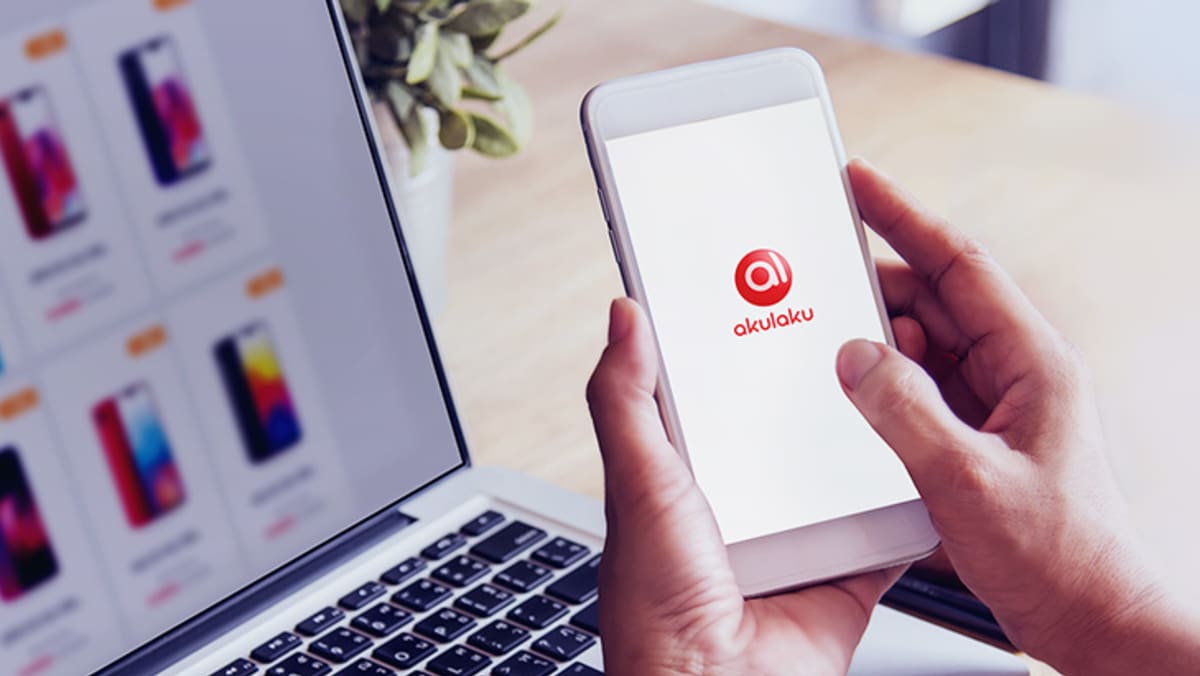JAKARTA: Life has never been the same for Vanessa Soetedja ever since the COVID-19 pandemic hit the country in March 2020.
The 29-year-old marketing executive said most of her time is now spent at home as she is able to work from anywhere, coming to the office just once a week for a meeting with her team. With more time in her hand, she decided to pursue a master’s degree, classes for which are held online.
“I do everything at home nowadays, work, school, even shopping for clothes, buying groceries and paying the bills. It is such a convenience. Everything can be done online,” Soetedja told CNA.
The pandemic and the subsequent activity restrictions that followed had forced millions of Indonesians to change their lifestyles and turn to technology to help with their day-to-day activities.
This meant that some technology companies in the country are seeing tremendous growth even as Indonesia faced a recession between mid-2020 and early 2021 when its economy contracted by as much as 5 per cent.
Indonesia added nine unicorns (start-up companies with a valuation of more than US$1 billion) throughout the pandemic, bringing the total number of unicorns in the country to 13, according to technology news portals.
The first five of Indonesia’s e-commerce platforms: Gojek, Tokopedia, Traveloka, Bukalapak and OVO achieved unicorn status before the pandemic between 2016 and 2019. Gojek and Tokopedia later merged to form GoTo in 2021.
Among the list of new unicorns are payment gateway Xendit and investment firm Ajaib both of which achieved the status in 2021 as well as lending company Akulaku which became a unicorn in April.
Meanwhile, e-commerce platform JD.ID officially became a unicorn in February 2020, just as the coronavirus began to spread from one country to the next.
Other new unicorns include e-commerce platform Blibli, ticket booking platform Tiket, lending company Kredivo, courier company J&T and coffee chain Kopi Kenangan.
Indonesia also saw the rise of a decacorn (companies valued at more than US$10 billion) when super-app Gojek merged with e-commerce giant Tokopedia.
With a population of 270 million people, Indonesia has always been a fertile ground for technology companies looking to address anything from woeful transportation services and the high cost of logistics to lack of access to conventional banks.
But with only 4 per cent of the population having access to fixed broadband Internet while the rest are connected to sometimes patchy mobile internet services, adoption of digital technologies has been slow.
This all changed when the pandemic happened which forced everyone to do much of their day-to-day activities at home.
According to a survey conducted by tech company Hootsuite and research firm We Are Social, between January 2020 and January 2021, there were 27 million new Internet users in Indonesia.
“The restrictions implemented to reduce the spread of COVID-19 induced faster adoption of digital technologies by consumers and businesses in many sectors,” Adrian Li, founder and managing partner of venture capital firm AC Ventures, told CNA.
